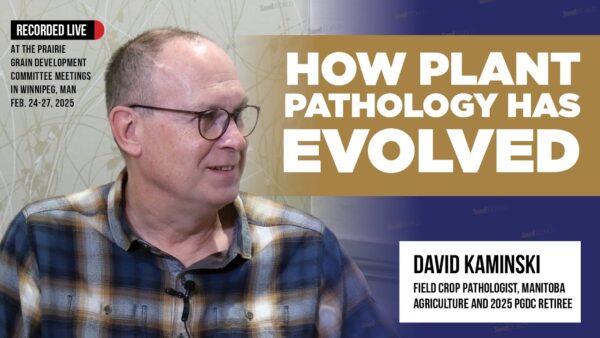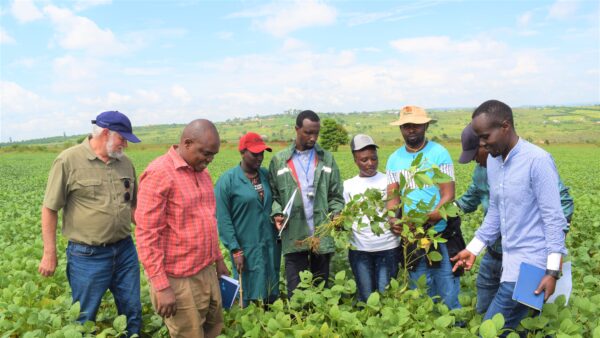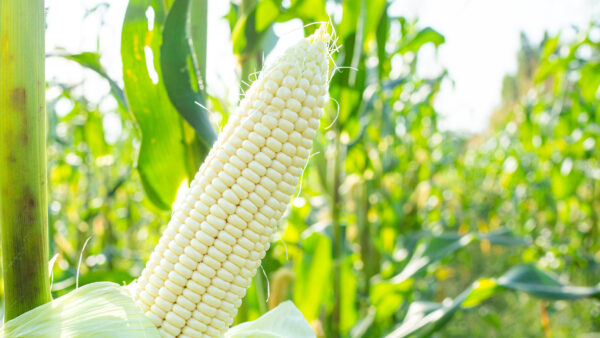Limagrain has come a long way from its modest beginnings as a farmers’ co-operative in France more than 50 years ago. In those early years, most of its revenue came from the domestic market. Today 90% of Limagrain Field Seeds’ earnings come from outside the country and, while Europe continues to be our biggest market, I am pleased to say that we now have subsidiaries in 40 countries with sales to farmers in 80 countries.
Being a global company means that we can take advantage of those aspects of the business that can — and must — be globalized if we want to be competitive. The larger our international footprint is, the more resources we have available to invest in the R&D that’s necessary to bring premium products to market in our ongoing effort to help farmers grow the best possible crops.
At the same time, it’s essential that we remain close to farmers wherever they are in the world. They are our single most important resource. Working with them every day allows us to benefit from their pragmatism and to learn the realities of growing crops in their localities.
One of the beautiful things about this business is that we get to work with farmers of all sizes across six continents. Some, in places like Ukraine or Brazil, farm tens of thousands of hectares while others, in India, for instance, or in some African countries farm half a hectare. Often their goals are different. While some farmers grow crops with the aim of producing a commercial product, others do it to feed their families.
I consider it an honor to be able to speak to such a diversity of farmers. They’re the reason it’s essential for Limagrain Field Seeds to have teams on the ground who make sure we are offering the right products to the right farmers in the right way. We have people in each market who work with farmers to ensure they get the most out of our seeds. A large-scale farmer in the midwestern United States doesn’t have the same needs as a small farmer in Zambia and won’t choose the same varieties. We need to constantly adapt our advice to help all kinds of farmers get the best from our products and we do this by understanding their needs. In turn, local farmers give us valuable feedback that helps us optimize our research program to meet those needs.
Our focus on farmers motivates us to find innovative solutions through genetics and I strongly believe that one of the keys to our global success has been the diversity of the germplasm we produce. Having a global presence gives us access to germplasm that’s been tested in multiple regions around the world and the ability to take advantage of synergies between the germplasm that we breed in every market.
Since farmers in most regions grow several crops in their rotations, it’s critical that we invest our financial resources in breeding programs that target our four globally strategic field crops (corn, wheat, sunflower and winter oilseed rape) as well regionally adapted seeds including barley, millet, pulses, rice and soybeans.
Knowing that Limagrain began as a cooperative of farmers who banded together for the benefit of all is key to understanding why we continue to place them at the center of our global initiatives.












